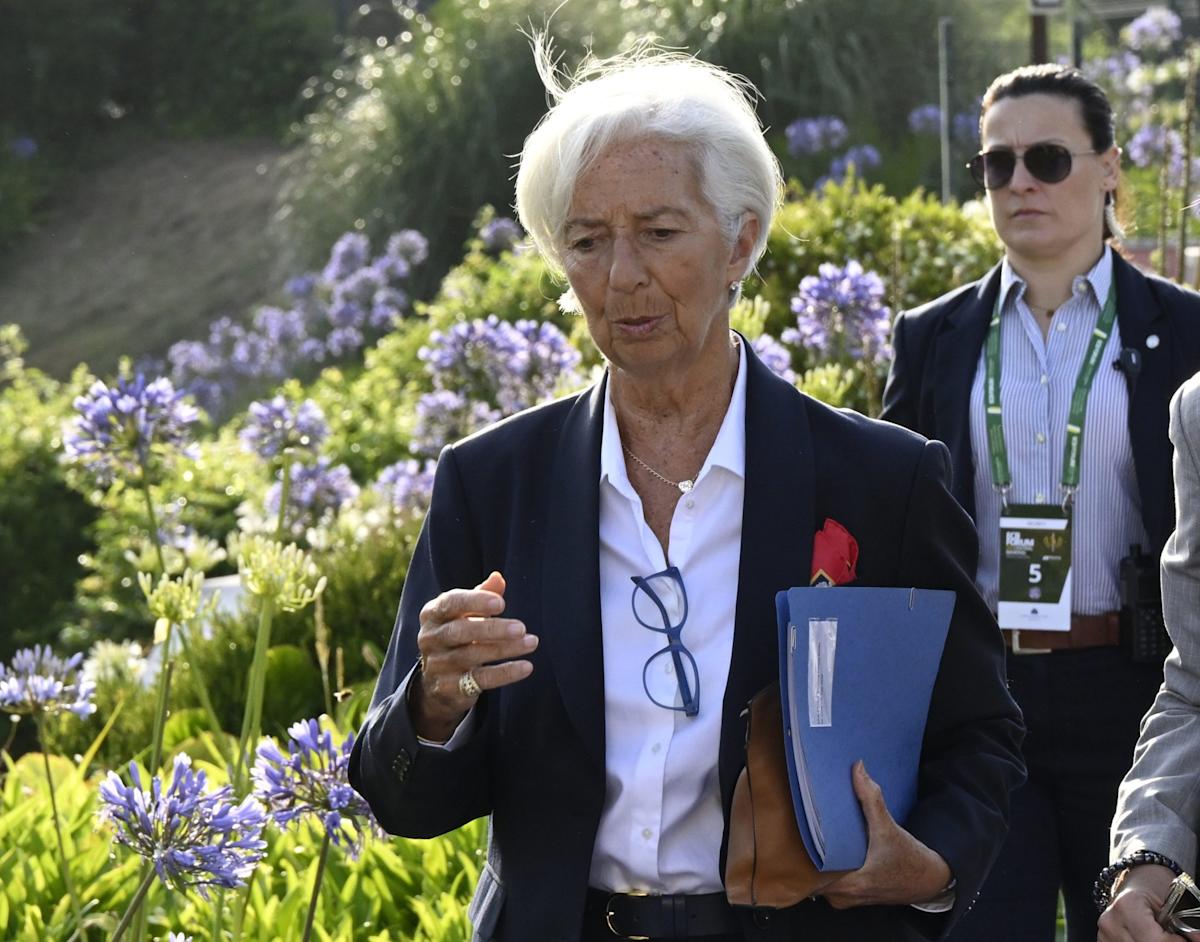European Central Bank president Christine Lagarde spoke out against stablecoins at a recent conference in Portugal, saying they risk “weakening the sovereignty” of countries that leave them unchecked.
The rise of stablecoins risks eroding the role of central banks in governing their nation’s monetary policy, European Central Bank president Christine Lagarde said.
Stablecoins, which are digital assets usually pegged to fiat currencies, have grown in popularity. Their rise as relatively stable assets in the world of cryptocurrency have made them appealing both to investors and issuers. As a result, central banks across the world have been forced to contend with how to regulate stablecoins.
On Tuesday during a gathering of central bankers in Sintra, Portugal, Lagarde said stablecoins shouldn’t be treated as money.
“I think that we are falling prey to some confusion between money, means of payment, and payment infrastructure, and that is accelerated or emphasized as a result of the technology that is being used, and some technologies in particular,” Lagarde said during a panel with four other central bankers.
One of the questions regulators and central banks contend with when it comes to stablecoins is that they are often issued by private companies, not the public sector. Among the most well-known stablecoin issuers are companies like Circle and Tether, which have tokens linked to the U.S. dollar, the euro, and the Chinese yuan.
“I regard money as a public good, and ourselves as the public servants in charge of securing and protecting that public good,” Lagarde said. “My fear is that that blurring of the lines I mentioned earlier is likely to lead to a privatization of money. I don’t think that this is the purpose for which we’ve been appointed to do the job that we have, nor is it good for this public good that is money.”
One of the major risks central banks see in stablecoins is that if enough investors use them it will reduce the amount of money in traditional banks, therefore limiting the effectiveness of monetary policy on the economy.
“I think it risks undermining our capacity to conduct monetary policy,” Lagarde said. “I think it risks weakening the sovereignty of those countries, which inadvertently become subject to the use of that means of payment, payment infrastructure, slash alleged money.”
Bank of England governor Andrew Bailey said stablecoins “purport to be money” which makes them different from other digital assets like Bitcoin. It also means they should be subject to more stringent regulations, he said.
Story Continues
